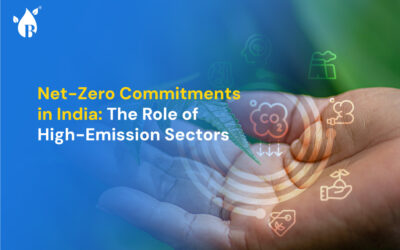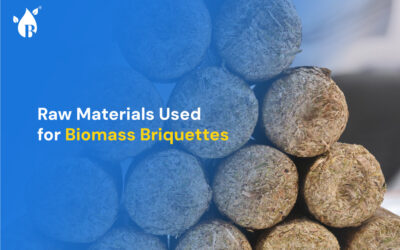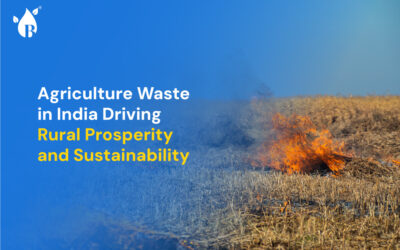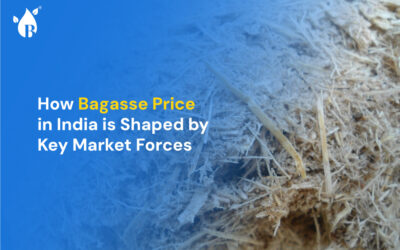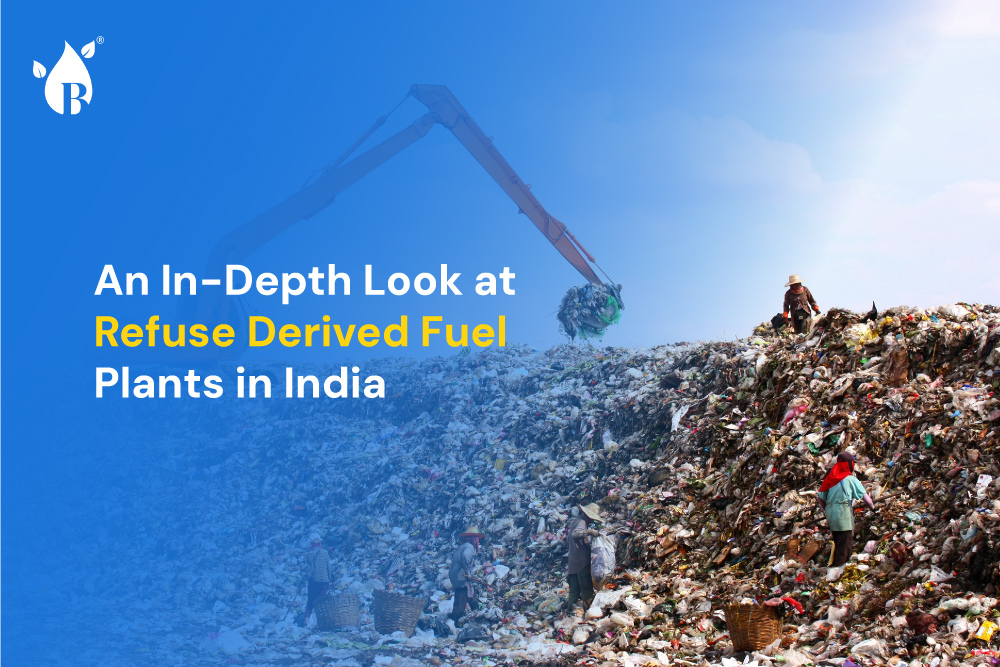
India faces a dual challenge: managing an ever-growing volume of waste and meeting the increasing demand for energy. Refuse Derived Fuel (RDF) plants offer a sustainable solution by converting non-recyclable waste into a valuable energy source. This article explores the role of RDF plants in India, their processes, benefits, challenges, and their contribution to a circular economy.
What is Refuse Derived Fuel?
Refuse Derived Fuel (RDF) is a high-energy fuel produced from non-recyclable solid waste. It typically includes plastics, paper, textiles, and other combustible materials that cannot be recycled. By processing this waste into RDF, it can be used as an alternative to fossil fuels in industries like cement manufacturing, power generation, and waste-to-energy plants.
The Rise of RDF Plants in India
India generates over 62 million tons of waste annually, with a significant portion being non-recyclable. RDF plants have emerged as a vital part of the country’s waste management and energy sectors. These plants are designed to:
- Segregate and process waste to extract non-recyclable, high-calorific-value materials.
- Convert these materials into fuel for industrial applications.
Government initiatives like the Swachh Bharat Mission and policies promoting waste-to-energy projects have accelerated the adoption of RDF plants across the country. Several cities, including Delhi, Mumbai, and Bengaluru, are home to operational RDF plants, with more projects in the pipeline.
How Do RDF Plants Work?
The process of producing RDF involves several key steps:
- Waste Collection and Segregation: Municipal solid waste (MSW) is collected and sorted to remove recyclable materials and inert substances.
- Shredding and Drying: The remaining waste is shredded into smaller pieces and dried to reduce moisture content.
- Processing: The shredded material is processed to enhance its calorific value, often through densification or pelletization.
- Utilization: The resulting RDF is transported to industries where it replaces conventional fossil fuels like coal.
Benefits of RDF Plants in India
RDF plants offer multiple advantages, both environmentally and economically:
- Waste Reduction: They divert significant amounts of waste from landfills, reducing environmental pollution and conserving space.
- Energy Production: RDF provides a renewable energy source, helping industries reduce their reliance on coal and other non-renewable fuels.
- Carbon Footprint Reduction: By substituting fossil fuels, RDF contributes to lowering greenhouse gas emissions.
- Economic Opportunities: RDF plants create jobs in waste management, processing, and logistics.
Challenges Facing RDF Plants in India
Despite their potential, RDF plants face several challenges:
- Waste Segregation: Inconsistent waste segregation at the source leads to lower-quality feedstock for RDF production.
- Infrastructure Gaps: Many cities lack the necessary infrastructure for efficient waste collection and transportation.
- High Initial Costs: Setting up RDF plants requires significant investment, which can be a barrier for many municipalities and private players.
- Policy and Awareness: While government policies support waste-to-energy projects, more awareness and incentives are needed to drive adoption.
Opportunities and the Way Forward
The future of RDF plants in India is promising. With increasing urbanization and industrialization, the demand for sustainable waste management and alternative fuels is on the rise. Here are some opportunities to enhance RDF adoption:
- Public-Private Partnerships (PPPs): Collaborations between government and private entities can help bridge funding and infrastructure gaps.
- Technological Advancements: Innovations in waste processing and RDF production can improve efficiency and reduce costs.
- Policy Support: Strengthening policies and providing financial incentives can encourage investment in RDF plants.
How Buyofuel Supports RDF Initiatives
Buyofuel, India’s leading online marketplace for biomass and alternative fuels, plays a pivotal role in promoting RDF adoption. The platform connects RDF producers with industrial buyers, ensuring a seamless supply chain. With its tech-enabled solutions, Buyofuel empowers businesses to embrace sustainable fuel alternatives.
Conclusion
Refuse Derived Fuel plants in India are a critical part of the nation’s journey toward sustainable waste management and renewable energy. By addressing challenges and leveraging opportunities, RDF plants can significantly contribute to reducing waste, lowering carbon emissions, and supporting industrial energy needs. As awareness grows and technologies evolve, RDF is set to become a cornerstone of India’s circular economy.
You might also like…
Net-Zero Commitments in India: The Role of High-Emission Sectors
India’s path toward achieving net-zero emissions by 2070 is both ambitious and essential. With its diverse industrial landscape, a major challenge...
How to Store Loose Biomass Effectively
Loose biomass, such as rice husk, sawdust, groundnut shell, cashew nut shell, and soya husks, is vital in many industries. It serves as both a...
Raw Materials Used for Biomass Briquettes
Biomass briquettes have emerged as a sustainable solution for energy needs, offering an eco-friendly alternative to fossil fuels. These briquettes...
Trusted by India's Best.
Download now to start trading

